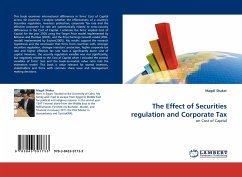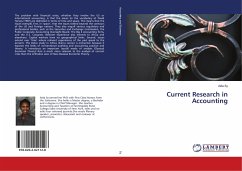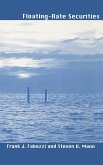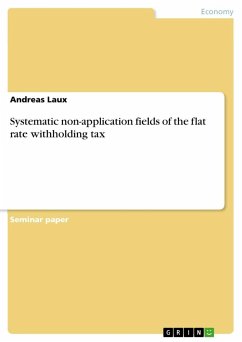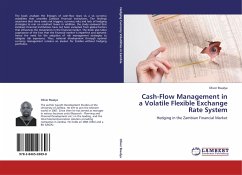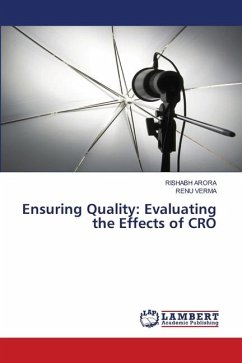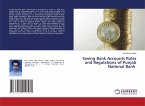This book examines international differences in firms' Cost of Capital across 40 countries. I analyze whether the effectiveness of a country's Securities regulation, Investors protection, corporate Tax rate and the effective corporate Tax rate are systematically related to cross-country differences in the Cost of Capital. I estimate the firms' implied Cost of Capital for the year 2005 using the Target Price model implemented by Botosan and Plumlee (2005), and the Price Earnings Growth model (PEG-model) implemented by Easton(2005). My results support the research hypothesis and the conclusion that firms from countries with, stronger securities regulation, stronger investors' protection, higher corporate tax rate and higher effective tax rate have a significantly lower cost of capital. However, the security regulation variable was not significantly, but negatively related to the Cost of Capital when I included the control variables of firms' Size and the book-to-market value ratio into the estimation model. This book is value relevant for several investors, stakeholders and firms with common share issue and management making decisions.
Bitte wählen Sie Ihr Anliegen aus.
Rechnungen
Retourenschein anfordern
Bestellstatus
Storno

